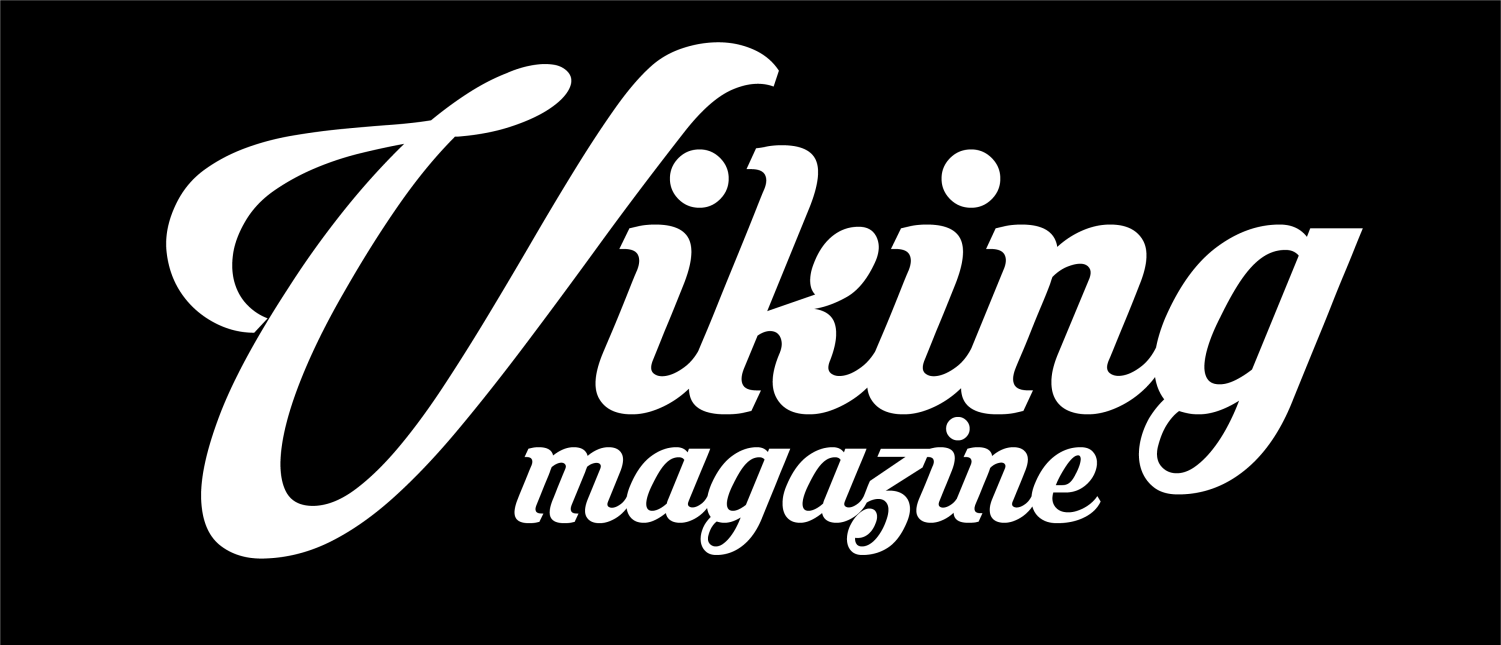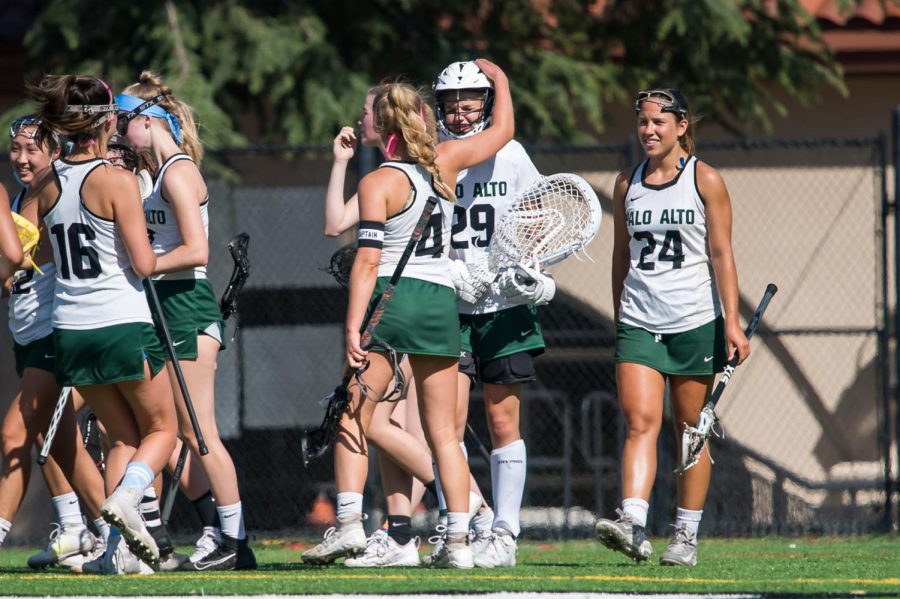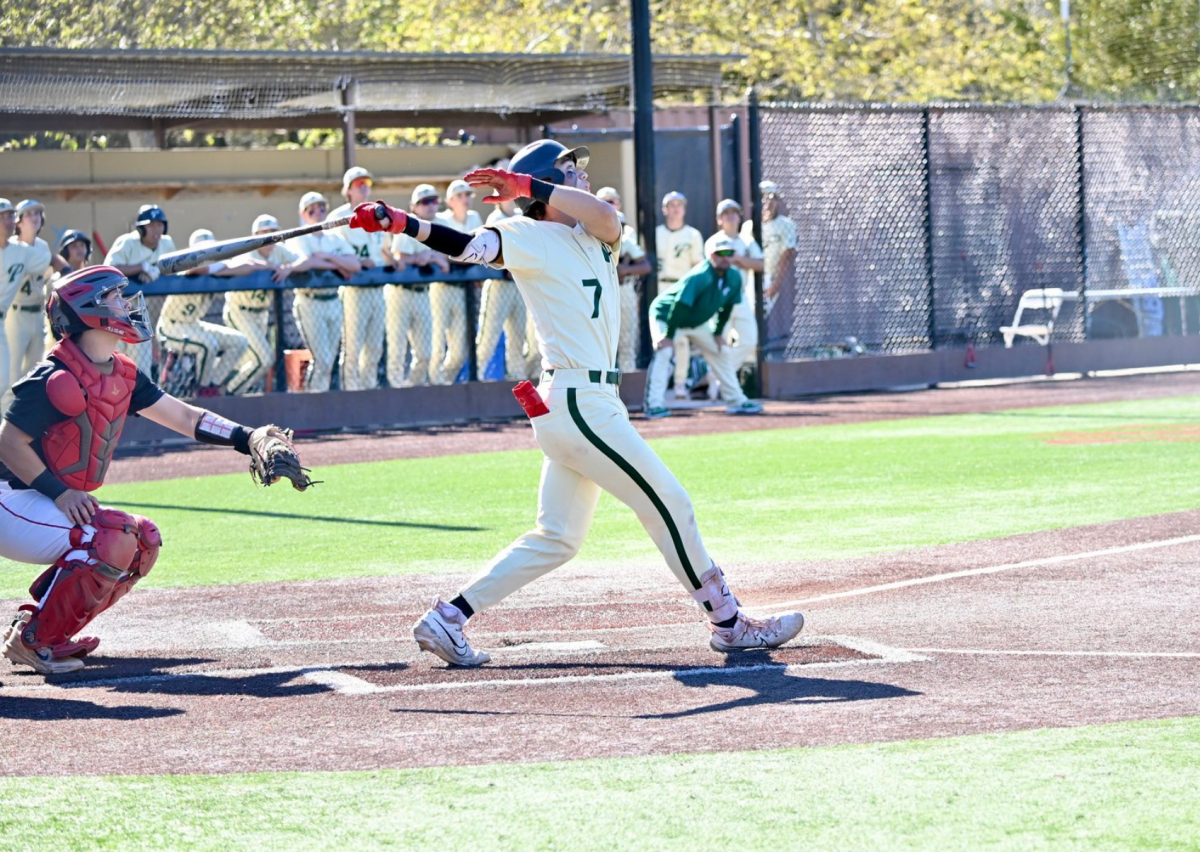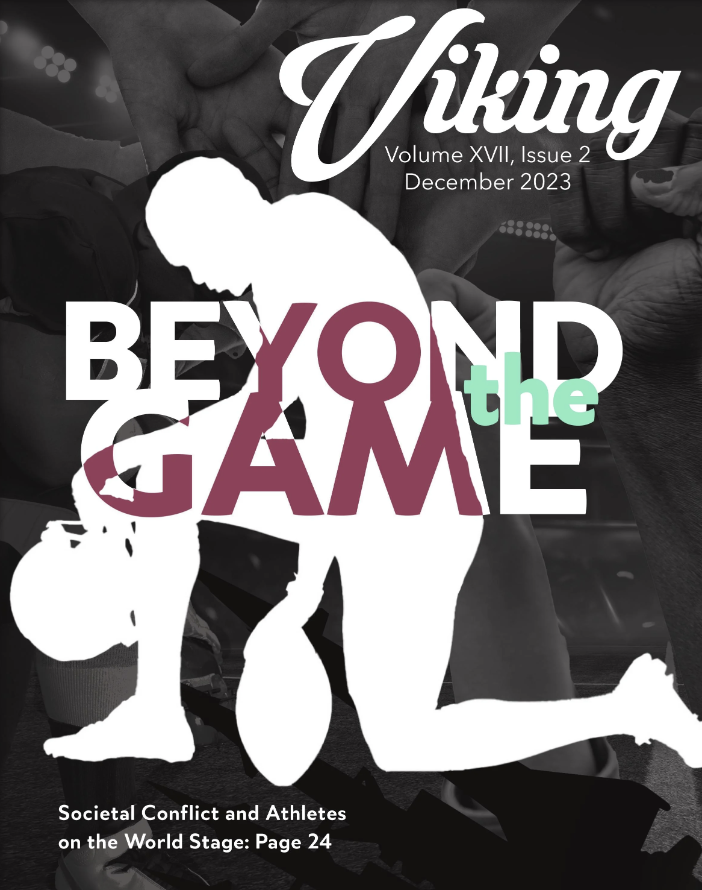In the 1968 Olympics, Black sprinters Tommie Smith and John Carlos took the podium to receive their first and third place medals for the US. But as the anthem played, they each raised a black-gloved fist and bowed their heads. Carlos, in his memoir, described the act as “[a reflection of] the shame I felt that my country was traveling at a snail’s pace toward something that should be obvious to all people of good will.”
In September of 2016, Colin Kaepernick took a knee during the national anthem, protesting police brutality and racism in America. In response, he was booed in the stadium and strongly criticized online and in the news. He hasn’t played on an NFL team since the end of that season. Speaking to NFL Media, Kaepernick said, “To me, this [racial injustice in the US] is bigger than football and it would be selfish on my part to look the other way.”
During the 2023 French Open, Ukrainian tennis star Marta Kostyuk was booed when she refused to meet Belarus’ Aryna Sabalenka at the net after their game. Sabalenka defended Kostyuk’s decision, claiming she understands why Ukrainian athletes do not want to shake hands with Russian and Belarusian athletes.
Athletes who choose to use their platform and resources to speak out for something they believe in take risks in doing so, but this is happening with increasing frequency. Activism from athletes, next to unheard of 1968, has become much more common with the rise of movements like Black Lives Matter and #MeToo. And now as athletes come face to face with terrible conflicts like wars, staying focused on sports can become impossible, and using their voice becomes an important way to make a difference.
The athletic world is intertwined with the political one. Political events can impact athletics as a whole, as often seen in conflict over the Olympics, the most important worldwide athletic event.
The conflict between Russia and Ukraine has had a significant impact on athletes competing in the Olympics. After the 2014 Crimean invasion and annexation by Russia, political tension was high and this affected Russian athletes and their future in the Olympics. The International Olympic Committee (IOC) decreed that Russian Athletes could compete in the Rio Olympics under a neutral flag.
In October of this year, the IOC suspended the Russian Olympic Committee resulting in a negative response from Vladamir Putin; he claimed that the IOC was ethnically discriminating against Russian athletes.
The 1980 Moscow Olympics is another clear example of how world events can impact athletes. Following the Soviet Union invasion of Afghanistan, the US went on to boycott the summer games, thus resulting in athletes losing their chance to compete and secure a win for their country.
But beyond just impacting athletics as a whole, injustice, war and other crises impact individual athletes just as much as they impact ordinary civilians, and for athletes — who need to maintain intense focus and concentration during training and competition — the disruption created by these events can reflect in their game.
[They] should be posting fundraisers, especially for humanitarian aid, because I think that should be the priority when it comes to situations like [wars]
— Katya Oks
In many cases, political events in one’s country can make focusing on athletics seem trivial. As seen with Kaepernick, many athletes feel like conflicts can become “bigger than” their sport.
Brooklyn Nets guard Kyrie Irving is one athlete whose focus on basketball has been disrupted by ongoing conflicts in our world. Though at times not taken seriously by fans, (perhaps as a result of his statement that he believed the earth was flat) he has before been influenced by world events, when, following the death of George Floyd, he argued that the NBA season should be canceled. He also recently has converted to Islam and even plays during his Ramadan fast.
Following the outbreak of the Israel-Hamas war, he expressed his lack of focus during a press conference, according to Bleacher Report.
“I’m not gonna lie to you guys, a lot of stuff is going on in this world, and basketball is just not the most important thing to me right now,” Irving said. “There’s a lot of stuff going on overseas, all my people, they’re still in bondage all across the world. And there’s a lot of dehumanization going on. So, I apologize if I’m not going to be focused on your questions. It’s just too much going on in the world for me [to] just be talking about basketball.”
Irving vocalized a feeling that many athletes have to deal with. Keeping one’s head in the game, so to speak, can be nigh-on impossible when also grappling with deadly conflicts and the loss of lives.
When one feels their life or the lives of family members could be in danger, it seems impossible to focus on anything else.
Antisemitism and Islamophobia have both risen alarmingly in the months since the beginning of the Israel Hamas war, especially online. Antisemitic sentiment is particularly present in Europe, where Jewish businesses have been threatened and where protestors call for the annihilation of Jews.
In the 14th Arrondissement in Paris, fear took hold of the community when Stars of David were sprayed on residential buildings.
“These acts create a lot of fear and dread in the community,” said Carine Petit, the mayor of the area, according to the New York Times.
In America, these threats also are present, such as when a Cornell University student made horrifying violent threats against Jewish students and staff in October. For Jewish people living through these events, focusing on other things, like school, work or sports can be challenging, particularly when worrying about family, either at home or abroad in Israel.
Islamophobia has also risen since the beginning of the Israel-Hamas war. Threats on Palestinian businesses and hate speech online against Muslims have risen. This hate led to an attack on a Palestinian-American mother and her six-year-old son, in Illinois, which caused the tragic death of the boy.
Fear of violence is constant for both communities during these polarized times, and this constant fear can make it challenging to focus on anything else in life, particularly athletics.
Anna Ryzhykova, a Ukranian runner, expressed the same feeling following Russia’s first attacks, according to NBS Sports.
“In February and March … I was scared about the war,” Ryzhykova told the press. “I didn’t think anything about sports. I thought, ‘how I can survive [with] my family and my friends?’”
Katya Oks, a Paly senior, is Ukrainian, and much of her extended family lives in Ukraine. She agrees that having a crisis occur impacted her focus and made it difficult to live life as usual.
“The first couple of months [into the war], it was really difficult to think about anything other than it,” she said. “When your family is there, you don’t really think logically. You think that ‘oh, it’s not gonna happen, everybody’s gonna be safe.”
The conflict also impacts her family.
“For the first couple of months after it happened, it was really devastating, especially for my entire family,” she said.
Despite the constant stress, Oks has learned — over almost two years since the war started — how to live with these events occurring. However, it still is always present in her mind.
“It’s still very scary and it’s a very personal topic for me,” she said.
Holden Lee, a junior at Paly, plays tennis. He can also understand the challenges of living through stressful events.
“[The events are] kind of in the back of your mind always,” he said. “I remember during the Hong Kong protests in 2019, it was significant for me… It’s just that kind of added pressure.”
For anyone dealing with stressful or traumatic events, leaning on a support system is crucial to maintaining good mental health. Lee recognizes that having a network of support can be incredibly helpful with dealing with that stress. For Lee, his sports team helps provide that network.
“That’s part of the benefit of doing sports,” he said. “[My sport] tennis isn’t the most communal sport, but [having] a team when you go through these kinds of events is important to have that kind of support behind you.”
Many athletes harness the pressure and anxiety they feel due to world events and use their platform to campaign for change.
For example Colin Kaepernick pledged to donate 1 million dollars of his salary in 2016 to various organizations that would help advance the cause of racial justice. A photo of him kneeling was featured on the cover of the Times during 2016. And his commitment to his cause created the so-called “Kaepernick Effect,” which rippled around both the NFL and the greater world. Now, not only athletes, but anyone wishing to make a statement of protest, will kneel for the national anthem. His actions brought awareness and exposure to American racial injustice and police brutality.
However, some believe that athletes should ‘stay in their lane,’ as it were. Some state that if a member of a team sport voices a political opinion, it could cause harm to the team’s image and brand deals. In an article from Globspec, an international think tank, they note that athlete’s salaries can often be a motivator for staying quiet on political issues.
“The material rewards for staying tightlipped on hot-button issues are plain to see,” Globspec writes. “From Brazilian footballer Neymar to Swiss Tennis star Roger Federer, and beyond, sport is awash with athletes whose incomes are higher thanks to marketing and sponsorship rather than sporting prowess. Indeed, the earning potential of many top sport stars has grown in line with increased television coverage, clever scheduling and social media.”
Despite the pressure coming from financial retribution, Oks also recognizes that there is pressure to speak out coming from other sources.
“We put celebrities and athletes on such a high pedestal when it comes to politics,” she said. “Even right now with Israel and Hamas, everybody’s pressuring their favorite celebrities and their favorite athletes to speak out on the subject.”
There are clearly numerous influences on public figures when dealing with political issues. Some feel they can’t risk their career for speaking out, some feel a moral obligation to be more vocal on issues they care about. According to Oks, athletes should fight for causes they believe in.
“[They] should be posting fundraisers, especially for humanitarian aid, because I think that should be the priority when it comes to situations like [wars],” Oks said. “Obviously, wars could be very dehumanizing, and often people forget that. There’s actual people and actual civilians who don’t really have control over their government’s actions. I think that humanitarian aid should be the focal point.”
The emotional struggle of confronting world events often is the catalyst for athletes to use their platforms. Such was the case for Ons Jabeur, a Tunisian tennis star. In a tearful speech following her victory in the World Tennis Association Championships in Cancun, Mexico, Jebeur pledged to donate a portion of her prize money to help the people of Palestine.
“I am very happy with the win, but I haven’t been happy lately,” Jabeur said on court after her match. “The situation in the world doesn’t make me happy,” she said, stepping away from the microphone as she teared up. “It’s very tough seeing children, babies dying every day. It’s heartbreaking, so I have decided to donate part of my prize money to help the Palestinians.”
Jabeur was cheered by the crowd in Cancun, and later told reporters, “I’m sorry – it’s not a political message, it’s just humanity. I want peace in this world and that’s it.”
Similarly, champion boxer Floyd Mayweather sent 5,000 pounds of relief items such as food, water and bulletproof vests to Israel on his own private jet in response to the same conflict.
Mayweather was inspired to post on Instagram, “Innocent Americans and Israelis are being held hostage and their only crime was being in the wrong place at the wrong time…This is not politics, this is crimes against innocent humans.”
He also asked other athletes to do the same.
“I am calling upon all celebrities and athletes to use your voice and platforms to denounce these heinous acts when it counts,” he said.
Tennis legend Roger Federer was impacted by the tragedies occurring in Ukraine, and pledged to donate 500,000 dollars to help Ukrainian children get access to education during the war.
On social media, Federer wrote, “My family and I are horrified seeing pictures from Ukraine and heartbroken for the innocent people who have been so terribly affected.”
In all of these cases, these athletes were spurred to action due to the emotional turmoil of seeing crises occur around the world.
But if an athlete does decide to share their opinions, they can prepare for vicious backlash. Due to the huge divide in our country today, world events and politics have many opposing sides and opinions from the public.
“The backlash is definitely like a real fear that a lot of celebrities and athletes have,” Oks said. “Especially given the current situation [in Israel and Palestine,] you see a lot of celebrities are staying silent because if you take one side, the other side [will react].”
For athletes, the pressure of losing support and brand deals can result in staying silent.
Kaepernick, for example, paid dearly for his advocacy. He went from making an annual salary of 19 million dollars a year with the 49ers to nothing, as no NFL team would draft him. He lost support from numerous fans, receiving boos from fans, criticism from all sectors, and even scathing backlash from the late supreme court justice Ruth Bader Ginsberg, who said “ I think it’s dumb and disrespectful.” She later apologized for her comments. He probably paid one of the highest prices to be paid for an athlete not on the front lines: complete loss of income.
When sharing an unpopular opinion, backlash can be fierce. Kaepernick’s fight for racial justice was a much more uncommon opinion at the time, hence the harsh feedback.
I still think that they should post what they believe in and support and the things that align with their morals and values
— Holden Lee
Another example of this is that of Egyptian swimmer Abdelrahman Sameh. He received death threats following his support of Palestine. After taking first place in the 50m butterfly during the World Championships, he shared with the press what was occurring.
“I have been getting death threats,” he said. “People have been attacking me all week for supporting Palestine. My family goes to sleep, not knowing if someone is going to break into my room, or if somebody is going to break into my apartment. They have to wonder every time I don’t pick up a call, ‘Is he busy or is someone trying to kill him?’”
When basketball star LeBron James stated his solidarity with Israel, many of his fans were outraged, referencing when he was photographed reading the autobiography of Malcolm X, a civil rights activist who strongly supported a free Palestine. James likely lost many fans and supporters, but he chose to make that statement because of his beliefs.
Depending on how accepted a cause is in the society that one lives in, there is less of a risk of backlash, and a higher likelihood of speaking out. Acceptability can then change over time. For example, now, it is more common (and encouraged) for people to support equal rights for people of all races and ethnicities. But a few decades ago, expressing this opinion could be dangerous in some places. For many athletes, expressing a certain opinion today can still be extremely dangerous.
Chinese tennis star Peng Shuai spoke out against sexual assault, sharing her experience being pressured into sexual encounters with a former Chinese government official. Her message was first shared almost exactly two years ago. Almost immediately following the allegations, Peng disappeared from the public eye.
Following worry and outrage from the world, a video was released months later where she revoked her previous statements. Since then, she has been seen in public and participated in more interviews where she claims that her previous statement was a misunderstanding. However, sharing her opinion posed a high risk to Peng, and in the end, she did not follow through advocating for the cause she previously spoke out for.
Lee states that for athletes like Peng who live in nations like China, where much of what she says is monitored and presumably censored, speaking out often poses a great risk.
“We do have cases where speaking out can be very dangerous,” he said. “Peng has a public platform, so a lot of players on the WTA [World Tennis Association] Tour were able to speak out against her disappearance, and try to call for more action.”
Clearly, expressing an opinion can lead to severe and even dangerous backlash.
In many cases, no matter what cause is supported, backlash will be received. Lee believes that this backlash can be challenging for athletes.
“I think it’s sad that when you speak out on an issue that you’re passionate about, you’re inevitably gonna get backlash,” he said. “So I think as an athlete, when you’re posting stuff supporting a certain cause, number one, you have to be aware that there is going to be backlash. And number two, that backlash may impact you as well.”
Because of the ubiquity of backlash, people in the public eye, many choose to speak up not because they feel they will get no backlash, but instead because they feel strongly emotionally connected to the issue.
Like Kaepernick said, “To me, this is bigger than football and it would be selfish on my part to look the other way.”
Oks also agrees that taking a stand is important for crucial issues.
“You’re gonna receive backlash no matter what,” she said. “Obviously it’s scary to receive backlash, but taking a stance for human rights, to me, is necessary.”
Lee also feels that athletes should use their platform, while being aware of the likelihood of backlash.
“If [athletes] have a platform and they have a massive following, I think they have to be aware of the backlash that they’ll inevitably get if they speak up on a controversial issue,” he said. “Regardless, I still think that they should post what they believe in and support and the things that align with their morals and values. At the end of the day, … it’s definitely always a risk. But if something’s affecting you and your family, then you should speak up if you want.”
The political world and the athletic world are far from parallel; they are intertwined. And when political events or world crises arise, athletes cannot be expected to perform in a proverbial bubble, isolated from those events.
Living through stressful political events can have a serious impact on mental health and athletic performance, and this often takes a toll on athletes who are pressured to continually be at the top of their game while being present on the world stage.
But some athletes are not content to be silent during political events, instead opting to use their platforms for change, even in the face of backlash. When athletes take a risk and stand up for a cause they believe in, even when it is not the predominant point of view, it can create a high impact for whatever movement is supported.
And as Oks stated, “if you’re willing to receive [backlash] and stand up for what you believe is right, that speaks on your character and could potentially influence a lot of people.”









